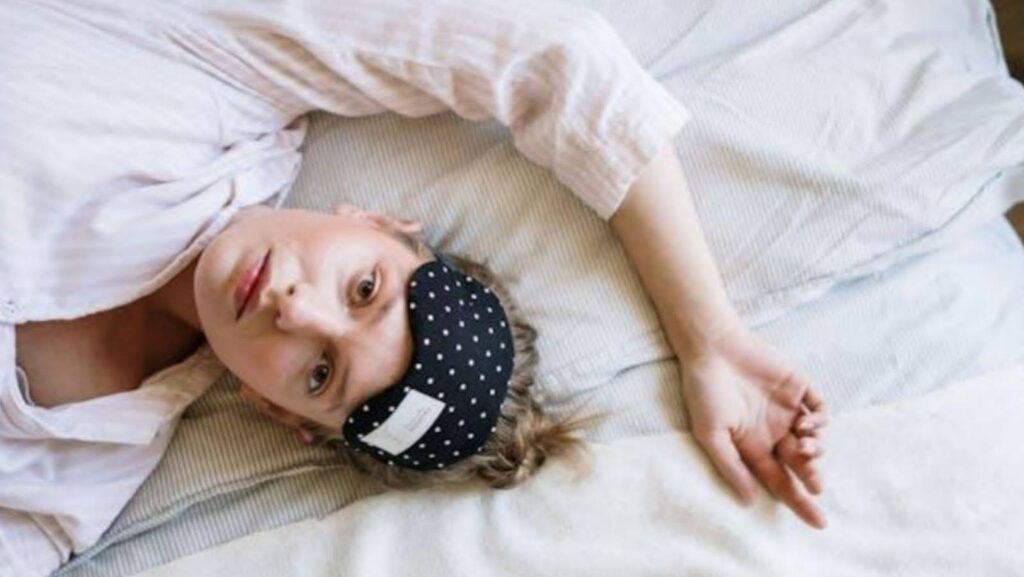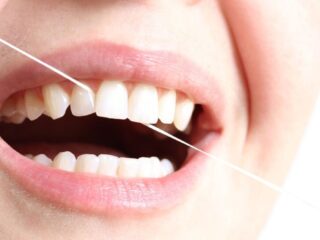
Many people enjoy an evening drink to unwind, thinking it helps them sleep more easily. However, alcohol interferes with the body’s natural ability to cycle through different stages of sleep. Sleep recovery cycles are responsible for physical repair, mental restoration, and emotional balance. Disrupting these stages leads to shallow rest, frequent wake-ups, and lingering fatigue the next day. What seems like a relaxing routine can lead to broken sleep and poor recovery. Therefore, limiting evening drinks can help protect the natural rhythm your body depends on to restore energy and function each day.
How Alcohol Alters REM and Deep Sleep
Alcohol directly interferes with the structure of sleep by cutting short REM sleep and deep sleep stages. These stages are essential for muscle repair, memory processing, and hormone balance. Alcohol disrupts the timing and depth of these phases. In short, you may spend more time in lighter sleep, which does less to restore the body. The result is a night of rest that feels incomplete, no matter how many hours you sleep. Then again, the impact may not be immediately apparent, but consistent evening drinking can lead to lasting sleep disturbances and lower energy levels.

The Thermoregulation Disruption
Natural rest lowers the core temperature, helping you stay asleep. In contrast, drinking interferes with this process, causing your body to overheat. That triggers night sweats and frequent wake-ups. The connection between alcohol and night sweats is often overlooked, but it is very real. Alcohol expands blood vessels and affects hormones that regulate temperature. Those who drink before bed frequently wake up sweating and disoriented. Consequently, sleep becomes lighter and less refreshing. Over time, these disruptions reduce overall rest and recovery quality.
Frequent Wake-Ups Break the Recovery Cycle
Natural sleep structure is disturbed by increasing the time spent in lighter stages. That makes it easier to wake up during the night. Many of these wake-ups happen without full awareness. Nevertheless, they still disturb the body’s effort to recover. Even brief awakenings can interrupt hormone release, tissue repair, and memory processing. On the other hand, uninterrupted sleep supports deep healing and mental clarity. Repeated disruption weakens the sleep recovery process over time.
Dehydration and Snoring
Alcohol pulls water from the body, leading to dehydration that directly affects sleep quality. Dry airways become more prone to irritation, which increases snoring, from which 25% of adults regularly suffer, according to Johns Hopkins Medicine. Breathing becomes more labored during the night. That disturbs airflow and raises the chance of waking up repeatedly. Besides, these interruptions reduce the time spent in deeper sleep stages. Over time, the body’s natural sleep recovery cycles are thrown off balance. Less time in those phases weakens repair processes and leads to next-day fatigue. What begins as a single drink can quietly disrupt your rest through dryness and disrupted breathing.
Long-Term Sleep Debt and Mental Health Impact
Sleep interruptions that build up into long-term sleep debt are expected to happen in these situations. This lack of rest slowly affects brain function. Similarly, mood swings, anxiety, and depression become more common. Sleep loss weakens emotional balance and makes daily stress harder to manage. Poor sleep reduces focus, slows thinking, and lowers motivation. These effects may seem small at first, but they grow stronger with each restless night. Until it becomes hard to ignore, the impact on mental health often stays hidden. Long-term alcohol use weakens both body recovery and mental clarity.

Protect Your Nights, Strengthen Your Sleep Recovery Cycles
Evening alcohol may seem harmless, but it disrupts sleep recovery cycles, weakens rest, and harms mental and physical health. Deep, consistent sleep matters for overall well-being. For this reason, avoiding alcohol before bed supports healthier nights and stronger mornings. Protect your sleep to support true recovery and better daily function.
Meta Description: Evening alcohol disrupts sleep recovery cycles, ruins deep sleep, and causes night sweats. Learn how to sleep better without drinks.












